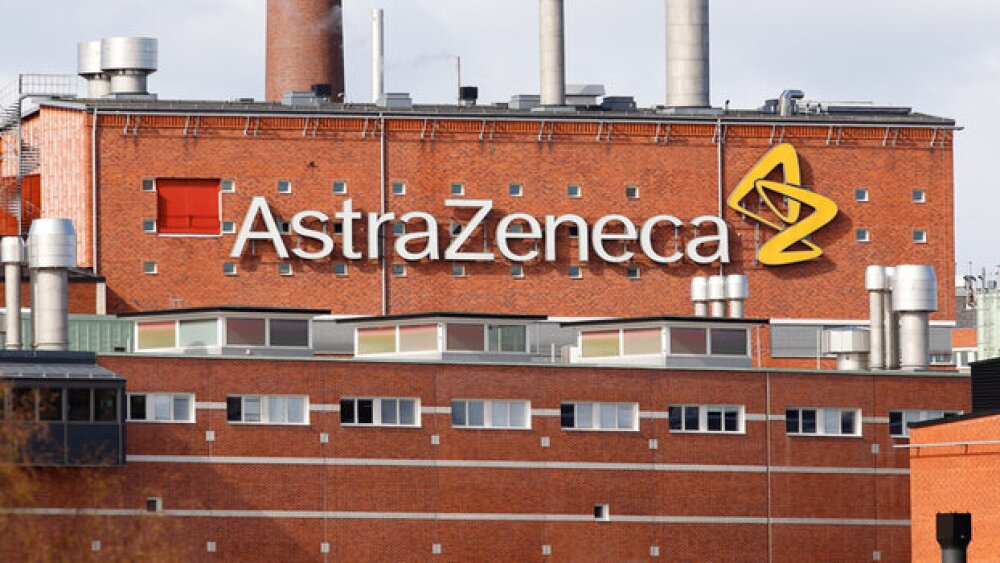The company’s immunotherapy, in combination with chemotherapy Avastin, showed favorable progression-free survival in a late-stage hepatocellular carcinoma study.
Pictured: AstraZeneca production plant/iStock, Roland Magnusson
AstraZeneca’s cancer immunotherapy treatment Imfinzi (durvalumab) has shown encouraging survival results for hepatocellular carcinoma patients eligible for embolization in combination with Genentech’s Avastin (bevacizumab) and transarterial chemoembolization.
On Thursday, AstraZeneca announced that results from the Phase III Emerald-1 trial “demonstrated a statistically significant clinically meaningful improvement” in the primary endpoint of progression-free survival. The trial is ongoing as AstraZeneca continues to follow the secondary endpoint of overall survival.
AstraZeneca reported that the safety profile of the combination was “consistent with the known profile of each medicine,” with no new safety issues identified.
“These positive results for Imfinzi-based treatment in Emerald-1 may bring the potential of immunotherapy to patients with earlier stages of liver cancer. We look forward to discussing these data with regulatory authorities and seeing the survival data mature over time, which will be important as we aim to bring this novel treatment option to patients,” Susan Galbraith, AstraZeneca’s executive vice president of oncology R&D, said in a statement.
While no detailed data was provided, AstraZeneca said that the complete dataset will be presented at an unspecified medical meeting and the company will share it with regulatory authorities.
“These results for durvalumab plus bevacizumab have the potential to reshape the treatment of this complex disease with a poor prognosis by showing for the first time that adding an immunotherapy combination to [transarterial chemoembolization (TACE)] significantly improves progression-free survival,” Riccardo Lencioni, the trial’s principal investigator and director of the cancer imaging program in the Department of Diagnostic and Interventional Radiology of Pisa University Hospital in Italy, said in a statement.
Imfinzi is also being investigated in other gastrointestinal cancers, including a combination with bevacizumab in adjuvant hepatocellular carcinoma (HCC) and a combo with Imjudo, Lenvatinib and TACE in embolization-eligible HCC.
The drug is one of the main moneymakers for AstraZeneca, bringing in over $1.1 billion in the third quarter and $3.1 billion for the first nine months of 2023.
Imfinzi has also been showing its efficacy in other cancers. Last month, Imfinzi, in combination with chemotherapy, showed positive results in a Phase III trial for patients with resectable, early-stage and locally advanced gastric and gastroesophageal junction cancers. In April 2023, a combination of the drug and Lynparza reached its primary endpoint in a Phase III trial for patients with high-grade epithelial ovarian cancer.
Tyler Patchen is a staff writer at BioSpace. You can reach him at tyler.patchen@biospace.com. Follow him on LinkedIn.






